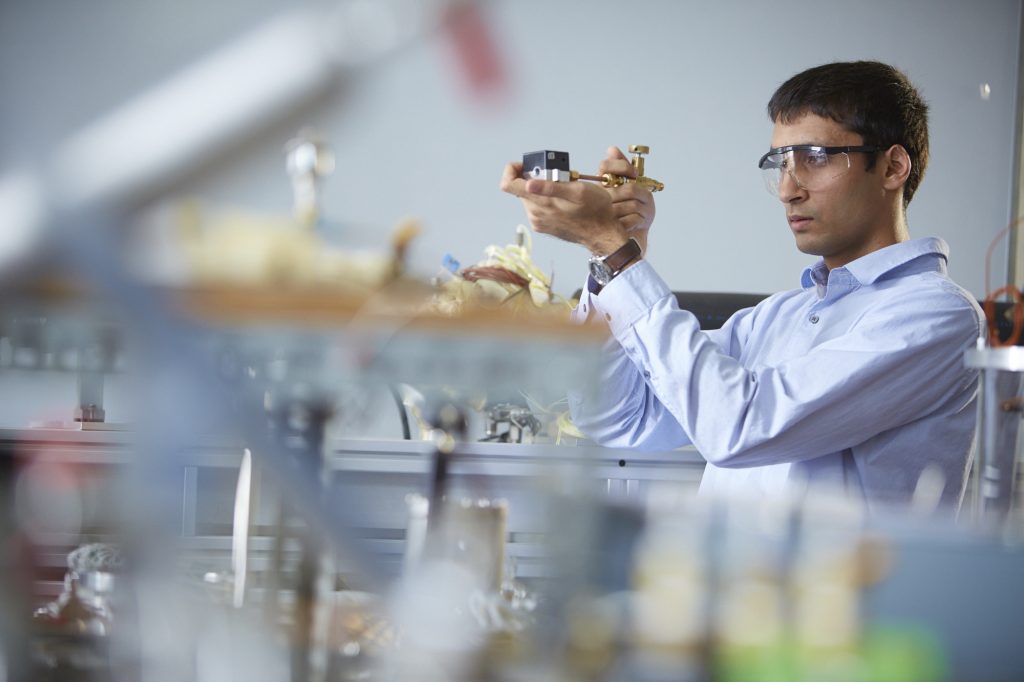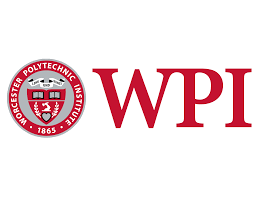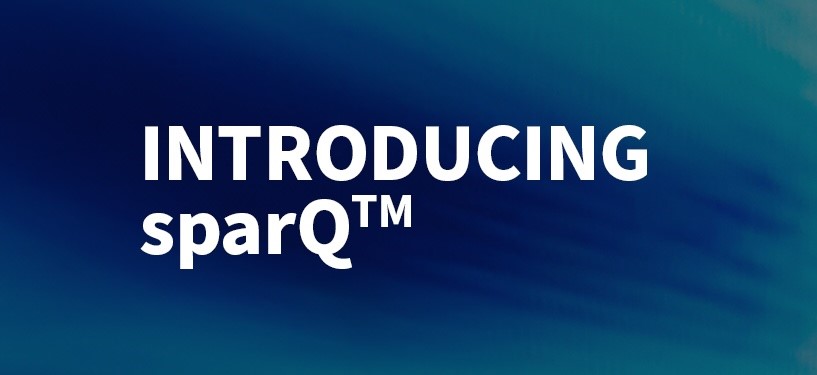Whether motivated by career advancement or pursuing a dream, professionals have much to contribute to research in their respective fields. As a society, we need their deep industry experience to inform the advancement of technology and innovation. Yet for most full-time professionals who are happy with their careers, taking 4-5+ years off of work is simply not a viable option. Earning a PhD is a challenging but rewarding endeavor, albeit one that takes time, commitment, and, above all, support.
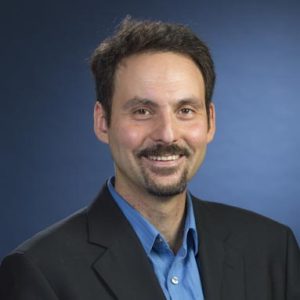 Worcester Polytechnic Institute, recognizing that challenge, has launched an innovative new Experiential PhD learning framework that empowers students to earn a PhD with the support of their company while working full-time. To make this happen, WPI connects student-employees, their companies, and faculty advisors upfront to design a flexible, creative program that, according to Alexander Wyglinski, WPI Associate Dean of Graduate Studies, is a “win-win-win” for everyone. Connection and communication, he says, are key.
Worcester Polytechnic Institute, recognizing that challenge, has launched an innovative new Experiential PhD learning framework that empowers students to earn a PhD with the support of their company while working full-time. To make this happen, WPI connects student-employees, their companies, and faculty advisors upfront to design a flexible, creative program that, according to Alexander Wyglinski, WPI Associate Dean of Graduate Studies, is a “win-win-win” for everyone. Connection and communication, he says, are key.
MassTLC sat down with Wyglinski to learn more about the program, who can apply, how it works, and why he is excited to bring Experiential PhD to campus and beyond.
___
Could you introduce yourself? What is your role at WPI and how does that fit into the Experiential PhD?
My name is Alexander Wyglinski, and I’m the Associate Dean of Graduate Studies at Worcester Polytechnic Institute. One of my primary activities at WPI is to enable individuals to have a great graduate experience from all different perspectives. That includes traditional graduate students who come to WPI to conduct research here, but also graduate students who have a full-time job. They want to pursue a doctorate degree, but it’s a little bit complicated because they can’t necessarily quit their job and spend four to five years doing a PhD on-campus, but also don’t want to do this part-time without the right support and structure.
My role with the Experiential PhD framework is to provide that unified structure such that the student, their employer, and WPI, are all on the same page and are there to support that individual’s experience while at the same time, supporting the employer who is supporting their employee with this experience.
What is an Experiential PhD framework?
With an Experiential PhD framework, a student employee wants to pursue doctorate-level research. Experiential PhD brings everybody into the same room: the employer, the employee, WPI, and a WPI faculty advisor. Everybody knows that the employee/student is doing this PhD program. It creates a close-knit collaboration between everybody involved. If you don’t have this framework, the employer says, “What’s in a PhD? How does that help us?” The faculty advisor will say, “Well, I want to do my fundamental or applied research, and I don’t see how I can connect with that company.” And then the student, the employee, is in the middle trying to make this all work. WPI’s experimental PhD framework connects everybody together with clear communication.
Who can apply as a student? Can any company be an industry partner?
The Experiential PhD is not an academic program. It is a framework that supports you in getting a PhD in any academic program that’s offered at WPI. So if you want to do an Experiential PhD in biotechnology, biomedical engineering, systems engineering, you can. You’re going to get a PhD in biotechnology, in biomedical engineering, in systems engineering.
Experiential PhD is the surrounding framework that enables the connectivity between everybody. Let’s say there’s an individual interested in doing a PhD, and this person is working full-time at a company in the industry. They’ve always wanted to do this, but they don’t know how to make it all work. I am effectively the point person for all of this. There are a lot of different people involved in setting up a PhD, but I connect everyone to make it work.
Early on, I meet with the interested individual and their manager. Usually, the manager asks questions about funding, intellectual property, and employee benefits, and that’s where I begin to go more into the details and the different options that are available. An agreement is drafted and shared with them, which they take back to their company. It’s an iterative process between WPI and the company saying, “I don’t think we can do this, but can we do that?” The connectivity is there. We outline the expectations and responsibilities so the individual can do their PhD and work at the same time.
The key here is to support that individual with respect to their PhD studies and at the same time ensure that they’re successful at work. During the PhD studies, in addition to a faculty advisor, there will also be a mentor on the company side. There is active participation on the company side, so that everyone benefits. Everybody is in the know, everybody understands how things are going, and that ultimately results in a win, win, win.
“The key here is to support that individual with respect to their PhD studies and at the same time ensure that they’re successful at work.”
It sounds like as long as everyone’s willing to come to the table and work together to figure out what works best for everyone, WPI is able to be creative about ways to make this work. What is the first step for someone who wants to explore more or apply?
You can apply to WPI for any PhD program you want. There’s a query in the application process that says, “Are you working full-time? Do you intend to continue working full-time after being admitted to the PhD?” I get notified of everyone who said yes to that query, and then I reach out. Otherwise, people can reach out to me before they apply. Everybody is in the know at WPI, if they can’t answer a question, they’ll redirect that individual to me.
Does the student have to be on campus at all during the pursuit of their degree
That actually is also very flexible. That is part of what gets articulated and is communicated up front, so that everyone’s on the same page.
It’s whatever everyone feels comfortable in the relationship. A few weeks ago, I had somebody contact me from the state of Georgia. They’re interested in doing this and depending on the discipline, you could totally do this remotely.
For instance, outside of the associate dean role, I’m also a professor of electrical and computer engineering. Some stuff is hardware-centric, but you could also do a lot of research on stuff that could be done remotely, and you don’t even need to set foot on campus. Suppose you do need equipment, but the equipment at your employer’s location actually can be used for that research.
Other times WPI probably has some resources that are not available at the company location, or the research requires the use of equipment. Then, that individual would come to WPI to conduct that research. But it’s very flexible. You can even do hybrid. The idea is that an Experiential PhD has that flexibility.
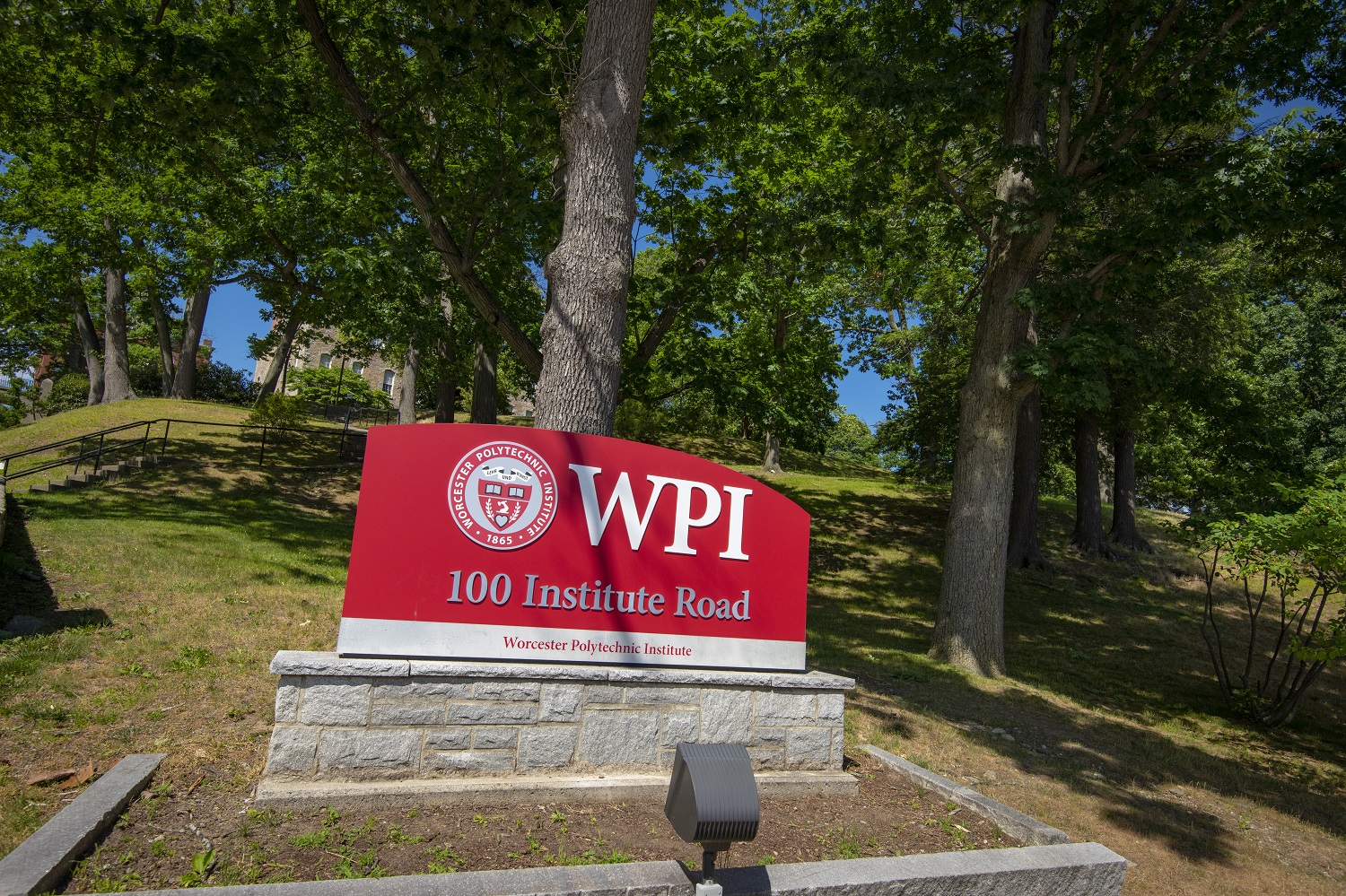
What about intellectual property? Who owns the IP from the student’s research?
IP is the number one item of concern for any sort of engagement between university and industry. The number one thing with a PhD is that there needs to be an element of peer-reviewed publications. The reason for that is in order to gauge a PhD’s impact on society, it needs to be disseminated. You could put an embargo on the research, so that there can be patenting, but there needs to be the ability to publish it. There’s also usually some set number of peer-reviewed publications that need to happen before you can defend your dissertation, and the dissertation itself also needs to be published openly.
That sets the context of the relationship. Again, part of this framework is communicating up front and planning what type of research can be done in this context. Can you use something that’s patented or a trade secret or something from your company? The answer with any IP that you don’t want to see leave the walls of that building is no. But we are able to compartmentalize the type of research that would be done in order to allow research to happen.
The way an employer chooses to support the student influences IP. For example, a company could support their student with a philanthropic gift through University Advancement. That’s a great way, because we’re a nonprofit that support counts as tax-deductible. The problem is that with philanthropic gifts, there cannot be any kind of promises of products or services. That means in terms of rights to any intellectual property, there is none. Companies have to weigh that: Is it economical for them to get the tax benefit, or a tax deduction benefit, but they won’t have access to that IP?
There’s another option, the sponsored research option, which is very attractive in several ways. You can get a discounted tuition rate of about 60%, and in that sponsored research framework, you can also negotiate IP.
Again, there is flexibility. The communication happens between the student, the company, and with WPI.
The last thing you want is the exact opposite scenario where no one talks about stuff. This framework is a way of clarifying that at the get-go, everybody talks, and we all figure this out.
What happens if the student decides they want to change their job during the PhD?
Normally, what would happen is, because the company would be supporting their employee, they’ll probably have an agreement between themselves and their employee, perhaps even requiring them to work even several years after completing the PhD degree.
Given the investment and support from their employer, they would probably have an agreement in place that would require that employee/student to stay with the company. Usually these students who are also employees who are doing these types of programs are very motivated and usually have a lot of trust from their company to begin with. This is not like a one-year or two-year commitment like for a master’s degree. This could be three to five to six years. There has to be a lot of trust to begin with and the company probably sees a lot of potential in their employee to invest in something like this.
If the student/employee is let go, and the PhD cannot continue to be supported, we would work with the student and whoever their new employer is in order to see if it can be continued. That would be an extreme case, but it doesn’t mean that would never happen.
Can you give an example of a type of person that this framework would work really well for? What does success look like for a student who completed their PhD with this framework?
Let’s say there is an individual that has always wanted to do a doctorate degree. They’re really motivated, and they definitely want to see their career continue to grow. They ultimately want to get into technical leadership at their company. Perhaps they have some great ideas based on the work they’re doing. Their manager is very supportive and sees a lot of potential in this individual.
With some mentorship guidance from a faculty advisor, they can do doctorate-level research at a world-class university and grow their knowledge base. Then they can become a manager of a technical group that can take the company into an emerging area that can further strengthen the business.
Together that individual and their manager would work with me and eventually other folks at WPI who are relevant to the path that they want to explore. We would iterate through the agreement to set things up.
Again, the diploma doesn’t have a little asterisk. This is a full PhD program. It’s the same exact rigor and quality as an on-campus PhD There’s absolutely no difference. This is 100%, the same level and rigor and quality as any other PhD
Has this framework already launched? When can people apply?
At WPI, PhD programs are rolling admissions, so you can apply at any time of the year. You don’t start any time of the year. Usually, you would start the next academic semester. There’s no deadline to apply.
A lot of folks want to know if this is viable within their company before they apply. In that case, they can reach out to me first. Then after they hear enough and they’re able to get internal support to move forward, they can apply.
This is very much designed for folks who could be at any stage of their career. Suppose you’ve done the management thing, and you’ve been in the business for 20, 30 years and have always wanted to do a PhD. You have a wealth of knowledge. Ok maybe you don’t remember things like probability theory or how to do math, but you know the current state of work. You know exactly where all the skeletons are that need to be fixed in terms of that technology. Perfect PhD topics. Perfect PhD This is really accessible to a large number of folks.
This provides another option for folks to pursue a dream. If they have a professional and personal goal of getting a doctorate, this framework enables that.
“This provides another option for folks to pursue a dream.”
What excites you most about the Experiential PhD framework at WPI?
First of all, I’m excited about working with all my colleagues here at WPI. Everybody here at WPI, the number one thing we care about is the success of our students. Everybody has a very specific function, but for me, seeing how everything fits together to make this happen to support students who want to do this is great.
At the same time, I’m excited for companies and industry partners to also see that this is great. A lot of managers don’t always know what’s involved in a doctorate or how that can help their teams, but a PhD can be leveraged to do really high impact applied research within an organization.
I see what industry is looking for in terms of impact, so I help everyone communicate and be on the same page,
Financial success is important, but at the same time, there’s more to it than that. There’s the ability to grow a business, grow knowledge, and have an impact on a market. That translates to faculty advisors, industry partners, and students. They all fit together. It is really awesome to see that happen.
I’m really keen to see this take off, and I’m really happy that this provides an option for folks that otherwise wouldn’t know how to realize their dream.
___
